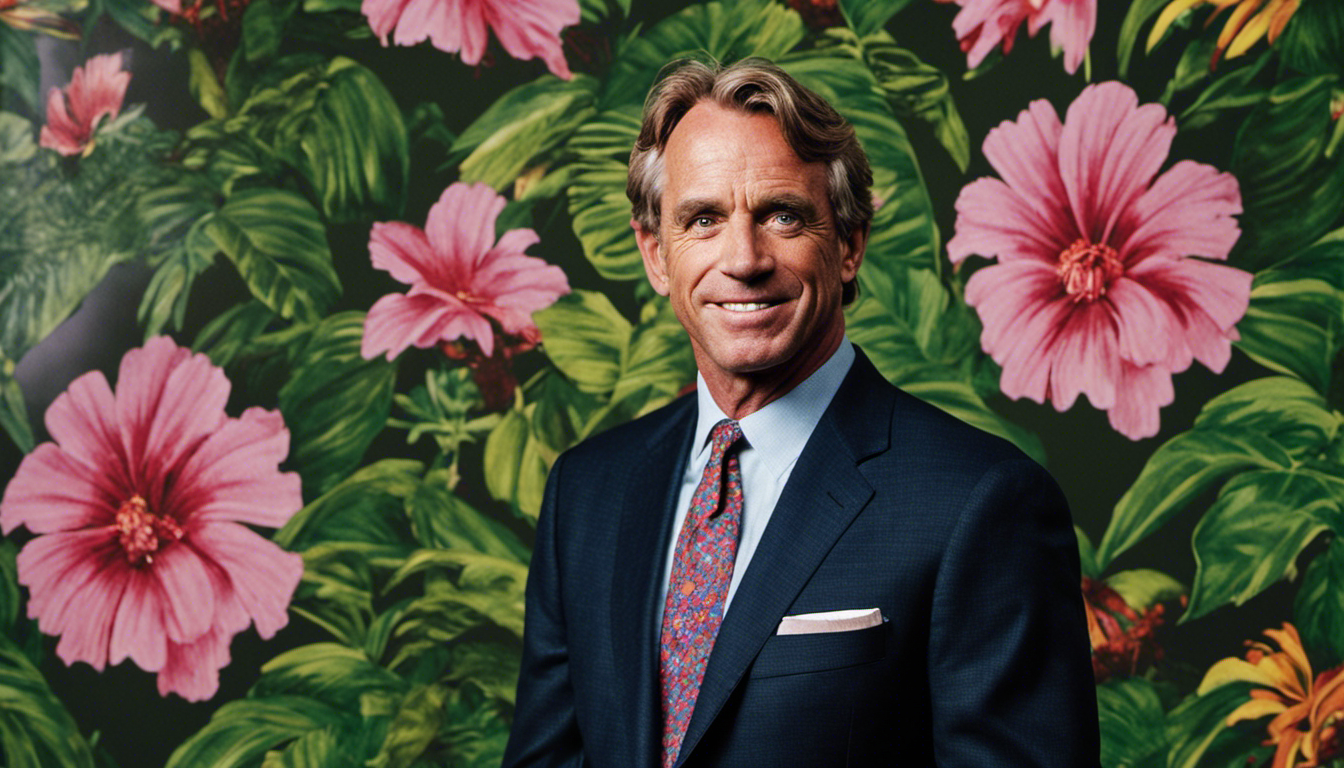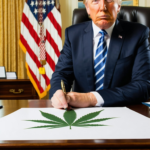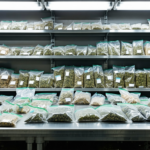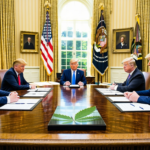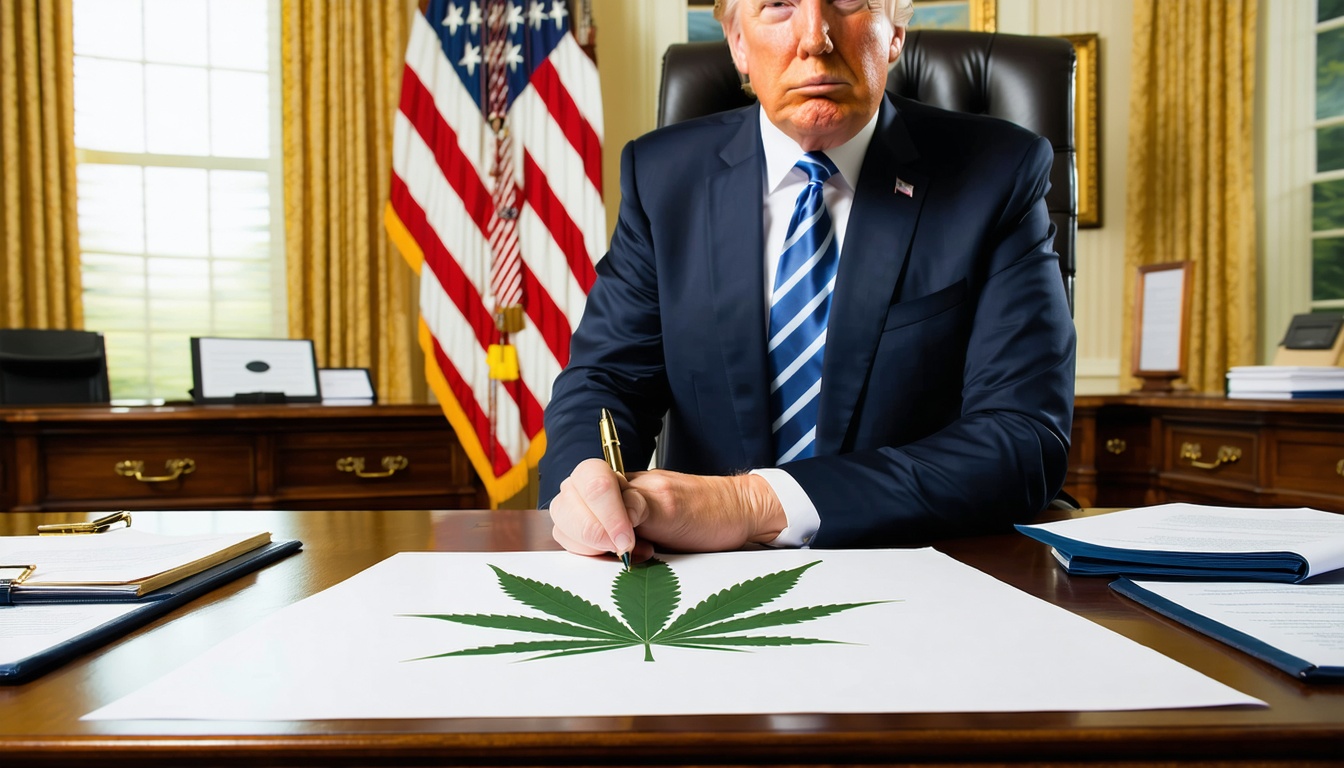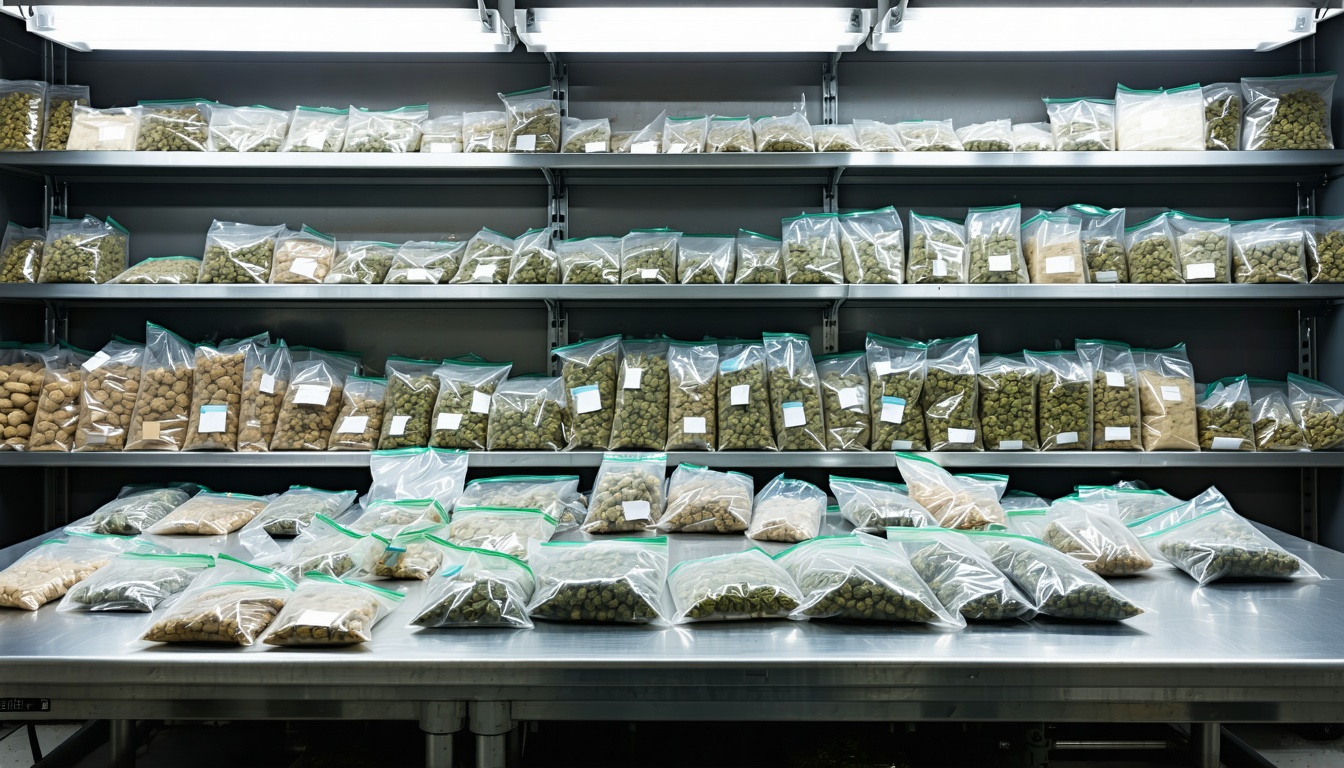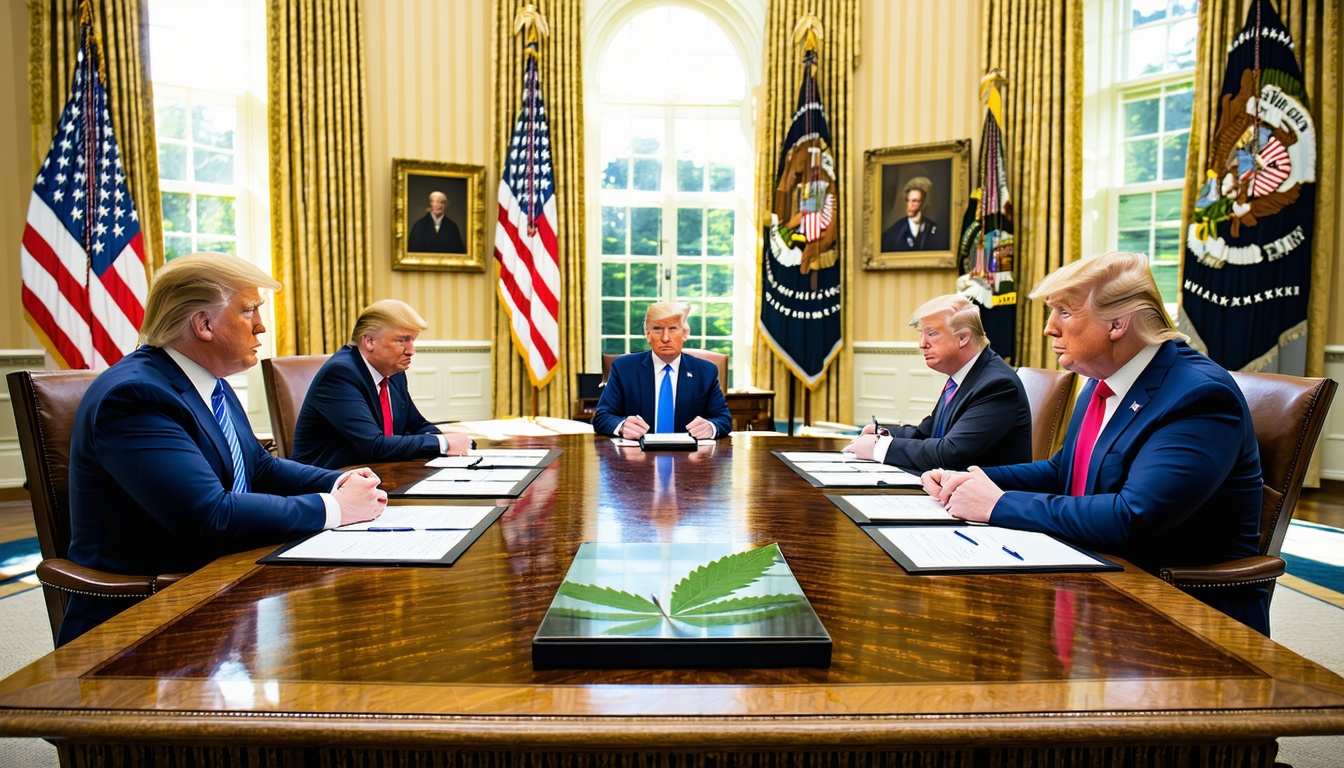Robert F. Kennedy Jr., a prominent advocate for drug policy reform, has been chosen by President-elect Donald Trump to lead the US Department of Health and Human Services (HHS). As HHS secretary, Kennedy will have the opportunity to advance his agenda for reforming drug policies, including the legalization and regulation of marijuana and psychedelics.
Kennedy’s path to the Trump administration was unconventional, as he initially ran as a Democratic candidate in the 2024 presidential election before switching to an independent and eventually endorsing Trump. During his campaign, Kennedy emphasized the need for drug policy reform, including the legalization and taxation of certain psychedelics and cannabis.
As HHS secretary, Kennedy will have significant influence over the nation’s health apparatus, including the Food and Drug Administration (FDA) and other critical agencies. He has been a vocal critic of the FDA’s handling of psychedelic drugs, which he believes have significant therapeutic potential.
Kennedy has also been open about his own struggles with addiction and his support for the use of psychedelics in therapy. He has advocated for the creation of “healing centers” where people recovering from drug addiction can learn organic farming as a therapeutic tool.
The nomination of Kennedy to lead HHS has been met with mixed reactions. While some have praised his commitment to drug policy reform, others have expressed concerns about his lack of experience in the field of public health.
The nomination comes at a time when support for marijuana legalization is at an all-time high, with 88% of Americans backing legalization in some form. The majority of Americans also support the use of psychedelics for therapeutic purposes.
Kennedy’s appointment has the potential to shape the direction of drug policy in the United States, and his commitment to reform could have significant implications for the country’s approach to drug addiction and mental health.

